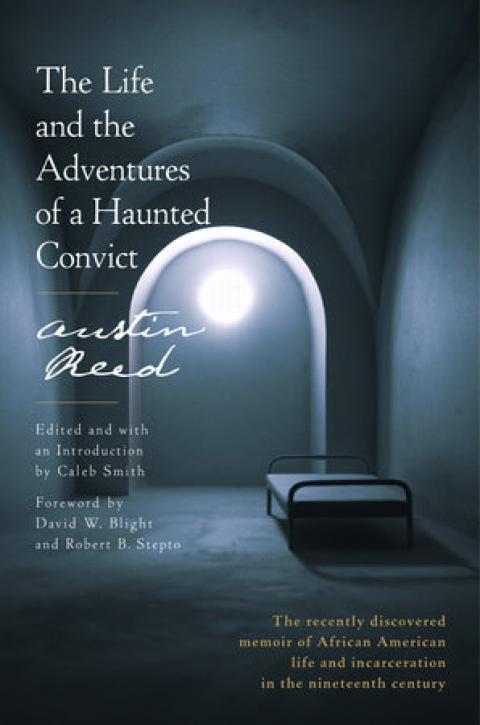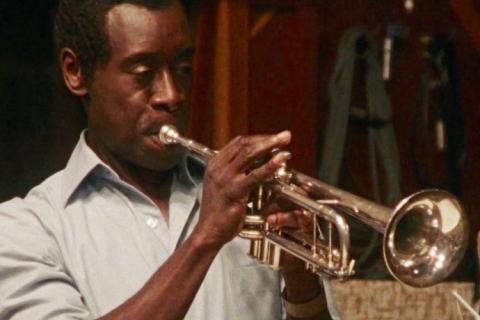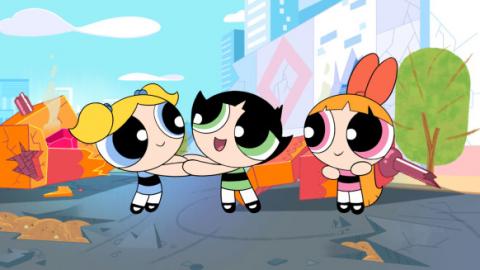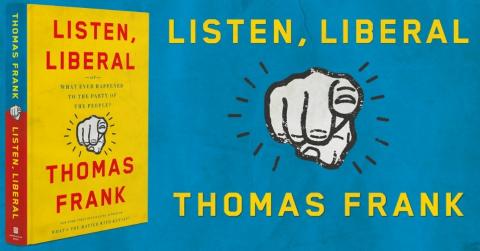'Scandal’ Keeps Missing Opportunities to Address Olivia Pope’s Mental Health
The Washington Post

According to data from the Center for Disease Control, black women have long faced high rates of depression and low rates of treatment. “Scandal” has been so groundbreaking in many ways; it’s curious that it hasn’t seized a really ripe, low-hanging opportunity to be more progressive in its depiction of black women’s struggles to safeguard their mental health.







Spread the word